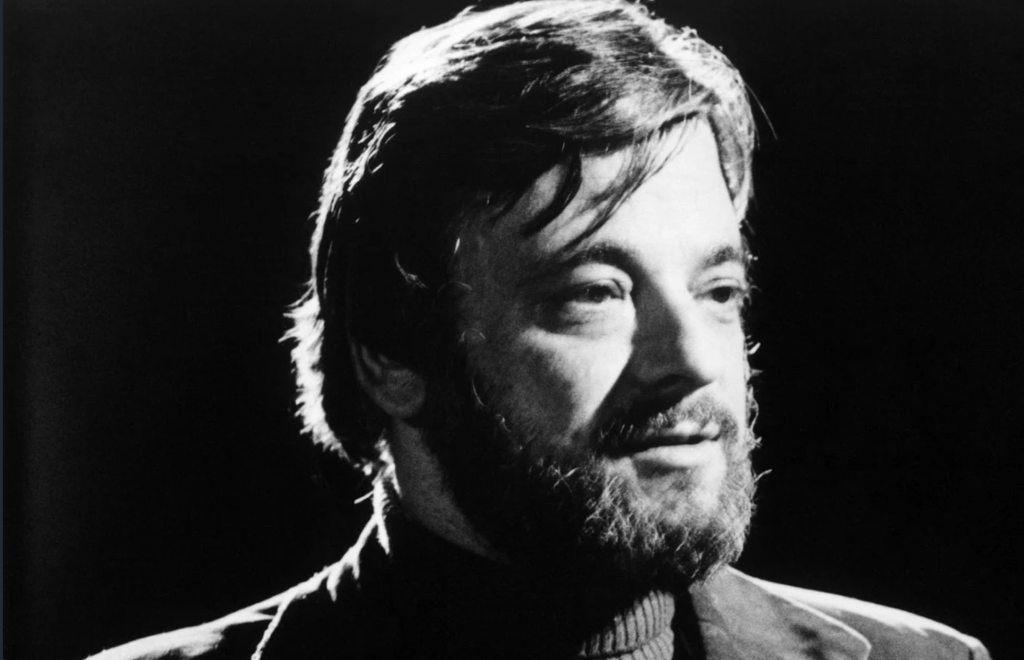
The composer and lyricist Stephen Sondheim is arguably the greatest writer in musical theatre history. (Yes, I’m a big fan)
Over his career he constantly shared his knowledge about the craft of musical theatre writing and mentored many younger writers.
Musical theatre writing is an arcane occupation and it can be hard to find good information about the craft. Sondheim’s comments, made over many years in interviews, books and letters, give us a treasure trove of insights into how he thought about his work.
Here I’m collecting a big list of all the insights I’ve gleaned from his writing, teaching and from studying his work. These are my own notes, put into my own words. I find them useful to think about when I’m writing, and maybe you will too!
Check out the footnotes for sources and additional tidbits.
Some of these notes may be a bit unclear (especially if you’re not already interested in musical theatre writing) but I am continually revising them to provide references, links and examples for each note.
Follow me on Twitter @david__hewitson if you’d like to chat or if you have suggestions for notes I should add here that I’ve missed.
General
- Content dictates form (this is one of Sondheim’s key principles, referred to in my notes below as CDF) [1]Finishing the Hat, pg. xv
- Have solid reasons for each creative decision you make, so you can defend and justify your ideas to your collaborators
- Know when the audience’s practical need to applaud and show its appreciation to a performer overrides the needs of the drama[2]Gypsy try-out advice from Oscar Hammerstein
- Know the history of your craft – study the work of MT composers and writers before you and understand their decisions, their thinking, their limitations
- Form matters – musicals, plays, short stories, films (etc…) are very different forms and present different possibilities. If a story doesn’t need songs it might not be a good musical.[3]Similarly, if a story doesn’t need fights and explosions it might not be a good action movie, if a story isn’t funny it might not be a good comedy. Jerry Seinfeld made similar comments … Continue reading
- In theatre, the audience can’t control the pace they watch a show or rewind parts if they miss something (unlike poetry[4]Sondheim talks about this in his introduction to Finishing the Hat “Every reader absorbs a poem at his own pace, inflecting it with his own rhythms, stresses and tone. The tempo is dictated … Continue reading or Netflix shows.) Aim for intelligibility and clarity with pacing, diction etc (see also – Jerry Robbins’ “rate of release of ideas”[5]Viertel references this in his book, I need to look up the page)
- Know the show better than your collaborators do
Lyric writing
- Write lyrics the way the character would actually speak. Don’t use fancy/obscure words because they rhyme or fit the meter
- Accent words correctly, don’t mis-stress syllables
- Use only perfect rhymes. They hit the ear sharply, they have a crispness. Perfect rhymes also link ideas together clearly – when you rhyme it draws an arrow between two words. Imperfect rhymes are like bum notes
Composing
- Try to develop one or two big ideas (themes) that you can manipulate and expand to create the rest of the material. Variations on a theme creates a sense of unity across the whole score, rather than lots of little disconnected ideas
Critics
- Avoid publicly criticising other living writers’ work. It’s fine to criticise the dead, they won’t be offended
- Give honest criticism when asked, not vapid flattery – focused critique is far more valuable, but can be hard to take (Guettel interview, and others)
- Know yourself and what art you really want to make, and follow that instinct – even if it brings you criticism or outright hatred
- Composers are sometimes criticised savagely in their own lifetime, but their work is evaluated very differently after their time.
Observations
These are thoughts I’ve had from reading Sondheim’s work:
- Steal and adapt techniques that work well in other art forms.
Further reading
Most, if not all, of what I’ve included here can be found in these sources (I’ll add footnotes soon):
Finishing the Hat / Look I Made a Hat (books)
Sondheim on Music (book) which is derived from a six hour interview with Mark Horowitz (video)
Jack Viertel – The Secret Life of the American Musical (book)
End
Feel free to follow me on Twitter @david__hewitson if you find this craft compilation useful, I’ll share more musical theatre stuff there.
References
| ↑1 | Finishing the Hat, pg. xv |
|---|---|
| ↑2 | Gypsy try-out advice from Oscar Hammerstein |
| ↑3 | Similarly, if a story doesn’t need fights and explosions it might not be a good action movie, if a story isn’t funny it might not be a good comedy. Jerry Seinfeld made similar comments about writing Seinfeld – they would only develop an episode into script form if its outline, i.e. the content of the story, was funny. |
| ↑4 | Sondheim talks about this in his introduction to Finishing the Hat “Every reader absorbs a poem at his own pace, inflecting it with his own rhythms, stresses and tone. The tempo is dictated less by what the poet intends than by the reader’s comprehension.” -SS, Finishing the Hat, pg. xvii |
| ↑5 | Viertel references this in his book, I need to look up the page |